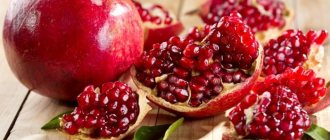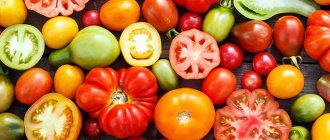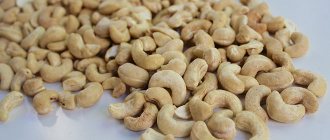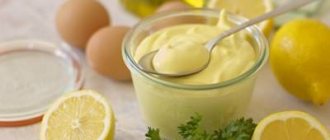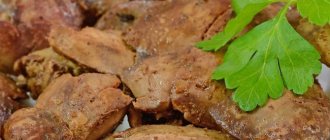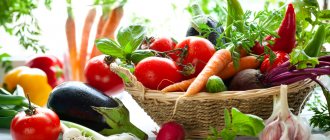Garlic is a spice that adds sharpness and piquancy to dishes and snacks. It is known that doctors do not recommend eating spicy foods and spices while breastfeeding. Garlic during breastfeeding is not classified as a prohibited product. However, restrictions on consumption are imposed. So, the vegetable can be eaten in the fifth or sixth month after childbirth and in small quantities.
Beneficial features
Garlic is a low-calorie product that contains no fat and virtually no carbohydrates. Therefore, you can eat the vegetable without the risk of gaining excess weight. However, this is not the beneficial effect of the plant.
First of all, garlic is the body’s universal defense against various infections and colds. It strengthens the immune system and is an excellent prevention of influenza, ARVI and acute respiratory infections.
Garlic performs important functions in the body of a nursing mother:
- Reduces cholesterol levels;
- Strengthens the immune system and fights colds;
- Prevents viral diseases;
- Reduces the risk of cancer;
- Lowers blood pressure;
- Prevents the appearance of various fungal infections, including candiosis (thrush), to which many nursing mothers are susceptible;
- Normalizes digestion;
- Dilates blood vessels and prevents heart attacks.
Garlic contains a special substance, allicin, which prevents complications after colds or flu. Thus, garlic is a kind of natural antibiotic. In addition, the vegetable contains a large amount of vitamins.
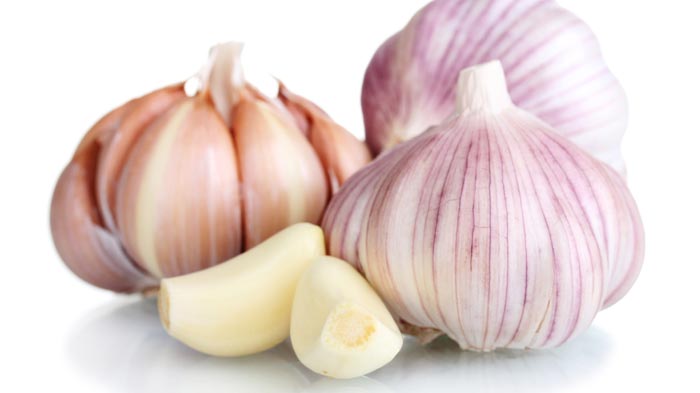
Possible effect on the baby
The effect of garlic on a child’s body is complex. Several important areas can be identified:
- Positively affects appetite. This fact has been proven experimentally. That is, the baby not only does not refuse the breast, but begins to eat better and more actively.
The experiment was carried out in the 90s of the last century. Breastfeeding women took part in it. They were divided into two groups, the first was given food with garlic, the second - without. Results were noted within a week. Children of mothers from the first group began to eat much better than those from the second.
- The breastfeeding period is the best time to begin to develop your baby's ability to perceive a wide range of tastes. Garlic is very helpful in solving this problem, and this fact has also been proven by scientists.
- The substances contained in garlic strengthen the immune system, which is extremely important for a small person. Any disease at a tender age can result in serious complications, and everything that allows them to be avoided must be put into action.
- The components of garlic promote the growth and strengthening of bones, and the proper development of internal organs.
The positive effect of the plant on the body of mothers is also important. Everyone understands whether a vegetable can be eaten if it protects a woman’s body from infections. Getting the flu while holding a baby in your arms means putting not only yourself, but also your baby, in danger.
In addition, garlic’s ability to improve mood plays an important role. The baby needs a calm mother who successfully resists stress. This is one of the keys to his health.
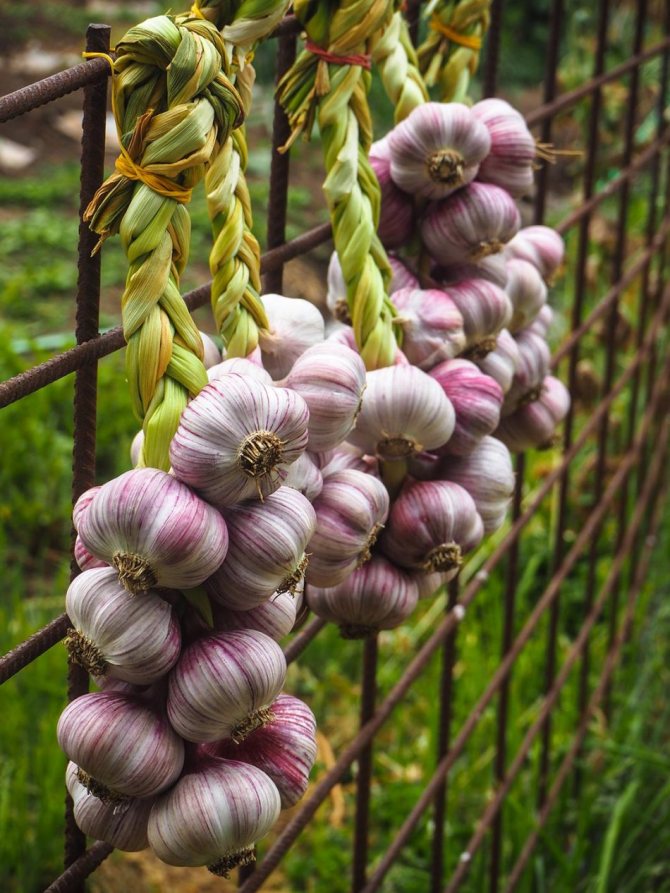
Compound
| Vitamins and elements | Effect on the body | Contents per 100 g of product |
| B1 (thiamine) | Strengthens and promotes nail growth, improves mood and relieves fatigue, improves bowel function | 0.2 mg |
| B2 (riboflavin) | Burns sugar and promotes weight loss, regulates the functioning of nerve cells, improves the condition of skin and hair, slows down aging | 0.1 mg |
| B3 or PP (niacin) | Dilates blood vessels, thins the blood, normalizes blood pressure and prevents heart disease | 0.7 mg |
| B5 (panthenolic acid) | Provides metabolism, supplies the body with energy, normalizes the functioning of the intestines and nerve cells | 0.6 mg |
| B6 (pyridoxine) | Normalizes muscle and heart function, helps with colds | 1.2 mg |
| B9 (folacin) | Improves blood composition and ensures normal hematopoiesis, relieves fatigue and helps with depression | 3 mg |
| C (ascorbic acid) | Protects the body from infections, develops and strengthens the immune system, improves mood and gives vigor | 21 mg |
| Calcium | The main building material for the bone skeleton, teeth and nails, improves hematopoiesis and is involved in metabolism | 181 mg |
| Potassium | Regulates the balance of water in the body, ensures the normal functioning of blood vessels, muscles and other soft tissues | 401 mg |
| Iron | Forms hemoglobin and participates in hematopoiesis, provides the brain with oxygen | 1.7 mg |
| Magnesium | Reduces the amount of cholesterol in the blood and removes toxins from the body, prevents the occurrence of cancer, sclerosis and heart and vascular diseases | 24-26 mg |
| Sodium | Organizes normal development and growth of the body, dilates blood vessels, prevents sun and heat stroke | 17 mg |
| Phosphorus | Improves memory and brain function, strengthens bone structure and tooth enamel, ensures normal kidney function | 153 mg |
| Zinc | Forms and strengthens the bone skeleton, heals wounds, improves skin condition and stimulates brain function | 1.2 mg |
| Manganese | Ensures hematopoiesis and proper cell development | 1.7 mg |
| Selenium | Restores skin, strengthens hair and nails, removes toxins from the liver | 14 mcg |
| Copper | Maintains normal blood composition and prevents the development of anemia | 130 mcg |
| Iodine | Increases immunity and activates brain activity, normalizes thyroid function | 9 mcg |
Contraindications for use
Despite its beneficial properties, garlic has a number of contraindications for use. These include:
- peptic ulcer of the stomach and duodenum;
- acute and chronic gastritis;
- severe disturbances in kidney function;
- epilepsy and other nervous system disorders;
- following a strict diet (consumption increases appetite).
If you have at least one of the contraindications listed above, replace garlic with another product that is safer for you.
Garlic and onions during breastfeeding: 5 myths
- The smell turns the baby off the breast. If you consume onions or garlic in small quantities, and not in kilograms, then the smell of vegetables will not scare away the baby.
- Onions or garlic make milk bitter. Indeed, onions and garlic change the composition of milk, but to an insignificant extent. At the same time, the taste of milk does not become bitter!;
- Milk production will decrease. Garlic and onions have no effect on lactation levels;
- The baby will develop allergies. Allergies in newborns who are breastfed appear to many foods, including onions and garlic. It depends on individual development. If your baby has an allergy, exclude the product from the diet. You can re-enter in a month. The body will become even stronger, and the allergy may go away. If your baby has severe allergic reactions to many foods or has a genetic predisposition to allergies, you can use a hypoallergenic diet during lactation.
- Onions and garlic cause colic in infants. In this case, the amount of product consumed is affected. Excessive consumption will certainly cause flatulence, colic and other stomach upsets in the baby. But if you follow the recommendations, there will be no problems.
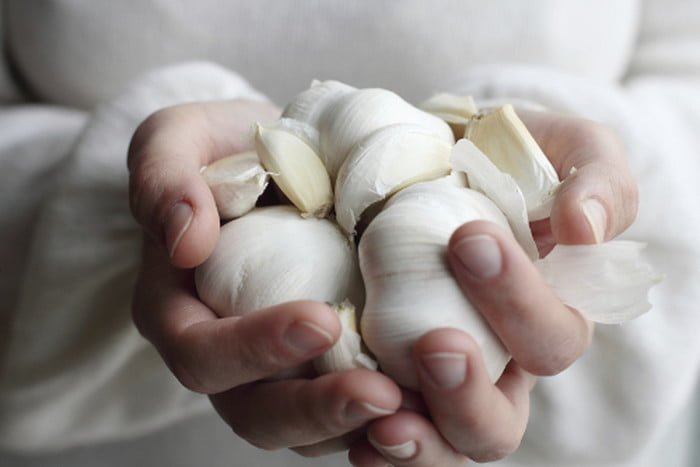
Recipes
Beet salad
Ingredients:
- large beets - 3 pcs.;
- garlic cloves - 6-7 pcs.;
- homemade mayonnaise;
- salt.
The beets are boiled in their skins for 45 minutes, then peeled and grated. Next add chopped garlic. Salt and season with mayonnaise.
Meat in sour cream sauce
Ingredients:
- meat - 600 g;
- sour cream - 150 7;
- garlic - 4 cloves;
- oil;
- flour - 1 tbsp. l.;
- onion - 2 heads;
- spices, dill.
Cut the meat into cubes, fry in a frying pan, simmer until half cooked. Add chopped onion. Separately, fry the flour, add 100 ml of boiling water, stir. Pour the sauce over the meat, add flour and spices, simmer for 5 minutes. Chop the garlic and dill, put in a frying pan, stir and turn off. The dish is ready.
Fish with garlic
Ingredients:
- river fish - 1 kg;
- egg - 1 pc.;
- lemon juice - 2 tbsp. l.;
- garlic - 4 cloves;
- seasoning for fish - 2 tsp;
- sour cream - 4 tbsp. l.;
- spices.
Clean the fish, gut it, and divide it into portions. Season with salt and pepper. Dip in beaten egg and fry. Mix lemon juice with sour cream, add crushed garlic and seasoning. Coat the fish with sour cream and garlic sauce and wrap in foil. Place in the oven and cook for 40 minutes.
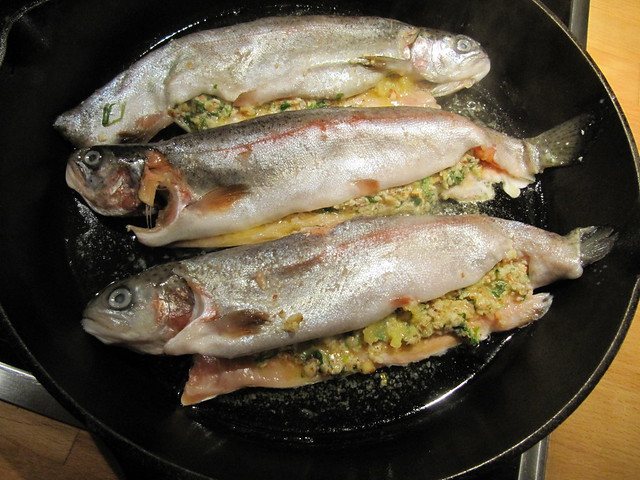
Spanish soup
This dish is indispensable in the diet during the cold season; it helps fight viruses.
Ingredients:
- tomatoes - 4 pcs.;
- garlic - head;
- yesterday's white bread - 4 pieces;
- broth - 1 l;
- eggs - 2 pcs.;
- paprika - 1 tsp;
- olive oil - 3 tbsp. l.;
- parsley - half a glass;
- salt pepper.
Cut the bread into small cubes, so you end up with about one and a half cups. Peel and chop the garlic. Pour boiling water over the tomatoes, remove the skin and chop. Heat olive oil in a saucepan and lightly fry the garlic in it. Add bread, cook 4 minutes. Add tomatoes, paprika, pour in broth. Bring to a boil and cook for 20 minutes. Add eggs, stirring. Add parsley.
Recommendations for eating garlic
- The unpleasant smell after eating garlic or onions can be eliminated with parsley. By the way, parsley also has a positive effect on the level of lactation;
- When breastfeeding, introduce garlic into the menu gradually and in small portions. Carefully monitor your baby's reaction to a new product for one to two days;
- For the first time, try ⅓ of a clove. If there is no negative reaction, the portion can be increased to one full clove. Do not overuse the product - use garlic no more than twice a week;
- For the first time after introducing the product into the diet of a nursing mother, do not eat garlic separately. Add spices to dishes, bake with vegetables or meat. Heat treatment will ensure easier and faster absorption of the product;
- It is better to take garlic from the southern regions, as it contains more selenium.
Garlic in small quantities can and should be consumed by a nursing mother, but not earlier than three to four months after the birth of the child. In the first three months, the baby’s body adapts to new conditions and reacts sharply to new food. Allergies and colic occur in infants.
Some pediatricians recommend eating garlic no earlier than six months later. However, if the baby does not have allergies or other negative reactions, then you can eat the vegetable earlier. What other vegetables can be consumed when feeding, read the link
It is important to introduce new foods into the diet of a nursing mother carefully and closely monitor the well-being and reaction of the newborn.
Read more about how to do this in the “Nutrition after childbirth” section. Subscribe to our VKontakte group
Precautionary measures
It is recommended to introduce garlic into the diet 6 months after the baby starts feeding, when the child’s body has adapted to the mother’s food. However, you should not eat it in unlimited quantities. 1 clove a day during breastfeeding will not harm the child. If after the first consumption of the vegetable the child feels well and no rashes or colic appear within 24 hours, then the nursing mother can eat this product. If your child becomes irritable while eating or after eating, eliminate the vegetable from the diet.
It is forbidden to let your baby bite this vegetable. This will lead to burns of the mucous membranes and bloating of the intestines.
If a woman suffers from hypoglycemia or diabetes, then it is necessary to reduce the amount of garlic during lactation to 1 clove per day. It can lower blood sugar levels.
Garlic thins the blood. If a woman is taking anticoagulants (blood thinning drugs), she should eat vegetables in minimal doses.
Breastfeeding women can eat garlic. Doctors say that reactions to it are extremely rare. It is important that the baby is exposed to a variety of foods through breast milk. Sweet, bitter, salty foods should be present during the lactation period, but we must not forget about precautions.
Diet of a nursing mother
A mother’s nutritious diet is the main source for the child to receive the substances necessary for development.
What to eat and drink:
- Meat and fish (low-fat);
- Dairy and fermented milk products (milk, fermented baked milk, kefir, etc.);
- Vegetables and fruits: cherries, watermelon, grapes, apples, pears, apricots. We also read: fruits during breastfeeding and vegetables during breastfeeding;
- Dried fruits (dried apricots, raisins) and compote made from them;
- Greenery;
- Green tea;
- Not dried or salted fish;
- Stewed, baked and boiled dishes.
You should not eat or drink:
- Fatty dishes (including fatty broth);
- Coffee;
- Spicy, salty, sour dishes;
- Smoked and fried foods;
- All types of conservation;
- Cocoa and cocoa-containing products (sweets and chocolate);
- Sweets containing buttercream;
- Peas;
- Citrus fruits (oranges, tangerines, lemons);
- Baking with yeast;
- The berries are red;
- Mushrooms.
The daily diet should contain at least 0.5 kg of fresh fruit. If the mother is slim enough and can afford it, Komarovsky recommends eating a plate of semolina at night. All products that a mother accustoms her baby to during pregnancy and breastfeeding will subsequently be accepted by the child with pleasure, because these are familiar foods.
Dietary recommendations
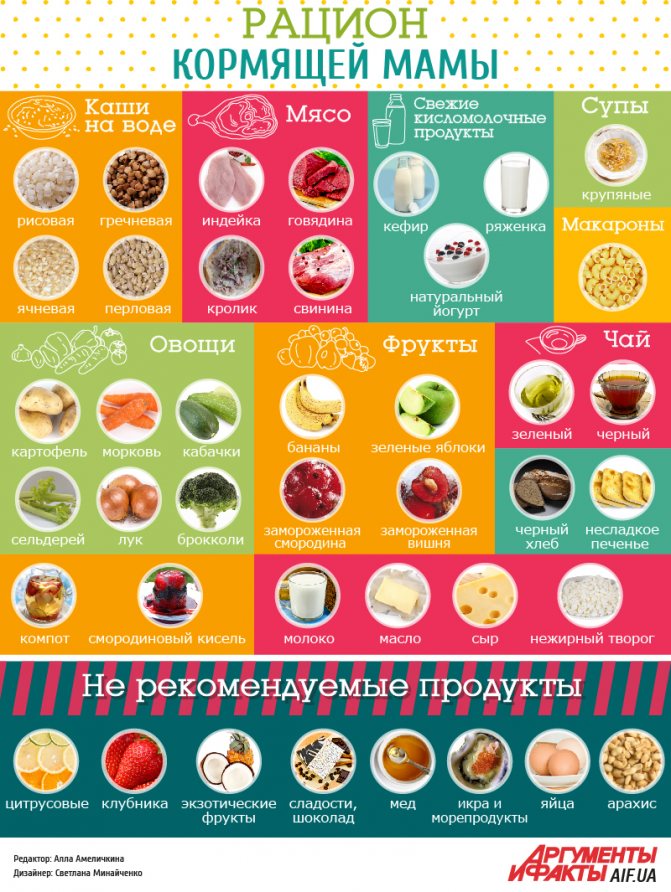
Read a detailed article about nutrition for a nursing mother here
A well-known pediatrician advises to be very careful about the presence of exotic fruits or imported products in your diet. Such food is obviously unknown to our digestive system and its absorption by the body may be incomplete. The occurrence of stress on the liver or pancreas negatively affects breast milk.
The doctor gives some more advice:
- Avoid overeating. It would be healthier to undereat a little;
- If you have an obsessive desire to eat something forbidden, you can “discourage the desire” with a tiny amount of this product;
- Doubts about the product should lead to complete rejection of it;
- You should not eat at night;
- If circumstances forced you to drink alcohol, then a little red wine is acceptable;
- Taking vitamin complexes should be regular.

